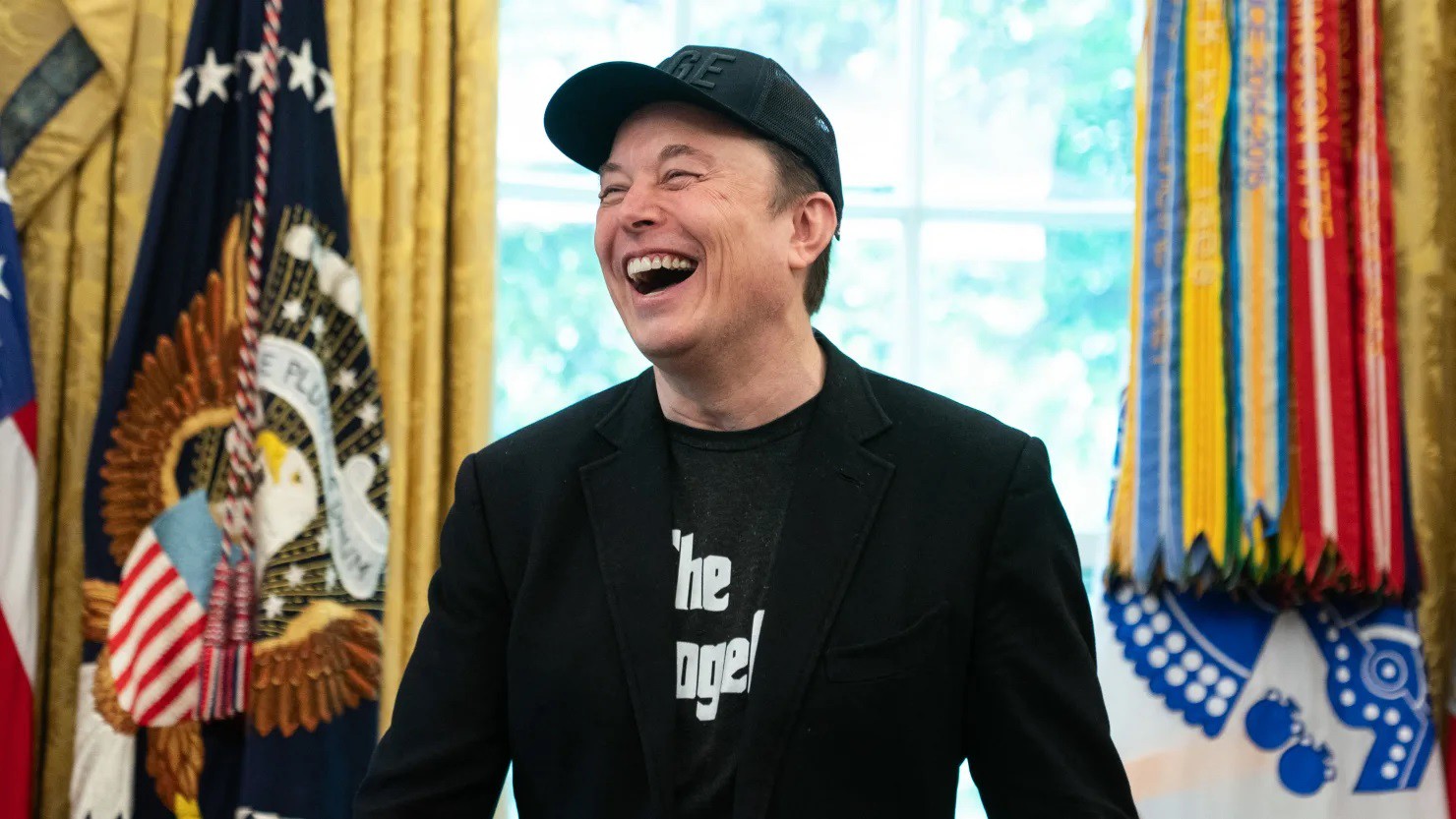After stepping down from the “US Department of Government Efficiency”, Elon Musk has seen many positive signs at his companies such as Neuralink successfully raising $650 million in funding and Tesla growing strongly in the Norwegian market.
In the first week after stepping down from the agency that the press calls the “US Department of Government Efficiency” (DOGE), Elon Musk has seen many positive developments at the companies he founded and ran. Neuralink – a brain technology startup – completed a $650 million funding round, while Tesla reported a 213% increase in May sales in Norway compared to the same period last year.
However, the direct connection between Musk’s withdrawal from DOGE and these business results is unclear. The fundraising and sales process took place during the time Musk was still in government work, so the development may or may not have been pre-directed entirely depending on his presence.
This underscores an important fact: Musk’s companies remain fundamentally successful. But just as Tesla’s promised full self-driving feature is still far from complete, they still need a focused and decisive leader to run them effectively.

Neuralink, Elon Musk’s brain technology startup, has just completed a $650 million funding round with the participation of major investment funds such as ARK Invest, Founders Fund, Sequoia Capital and many others.
Neuralink develops a communication system between the human brain and computers, helping to convert brain signals into commands to control external devices. This is a technology with great potential in the medical field, supporting people with disabilities and opening up future applications in artificial intelligence.
According to official figures, Tesla’s new car sales in Norway in May increased by 213% compared to the same period last year, with 2,600 cars sold. This breakthrough was mainly due to the new and improved version of the Model Y small SUV.
However, this is a contrasting trend compared to other European markets such as Spain, Portugal, Denmark and Sweden, where Tesla sales all fell sharply in May. This may reflect differences in electric vehicle support policies, consumer habits and tax rates in each country.
News
Bunnie Xo didn’t hesitate to open up about why she gave Jelly Roll a second chance after the singer’s infidelity, but there would never be a “third time.”
Bunnie Xo Reveals Why She Gave Jelly Roll a Second Chance After Affair, But Would He Get a Third? ‘Absolutely…
Gwen Stefani was the “only person” to vote for Blake Shelton to be named “Sexiest Man in the World”.
Carson Daly Jokes Gwen Stefani Was the ‘Only One Voting’ the Year Blake Shelton Was Named Sexiest Man Alive The…
Lauren Alaina speaks out after becoming a victim of online body shaming that left her furious.
Country Star Issues Blunt Response After Being Criticized for Her Appearance: ‘I’m Seething’ Lauren Alaina is speaking out after falling victim…
Resurfaced clips of Kid Rock’s creepy comments about the underage Olsen twins are back to haunt us all
Kid Rock just can’t help making the news these days. If only it was for good reasons! This week alone,…
Unbelievable: Couple goes viral on social media for “BDSM love-fest” at Bailey Zimmerman concert.
Florida Couple Goes Mega-Viral For Shocking Display Of PDA At Bailey Zimmerman Concert I’m not going to yuck someone’s yum,…
Once highly praised by Elon Musk, an investment decision by Bill Gates turned into a disaster, resulting in losses exceeding $10 billion.
Once highly praised, one of Bill Gates’ investment decisions turned into a disaster, resulting in losses exceeding $10 billion More…
End of content
No more pages to load












